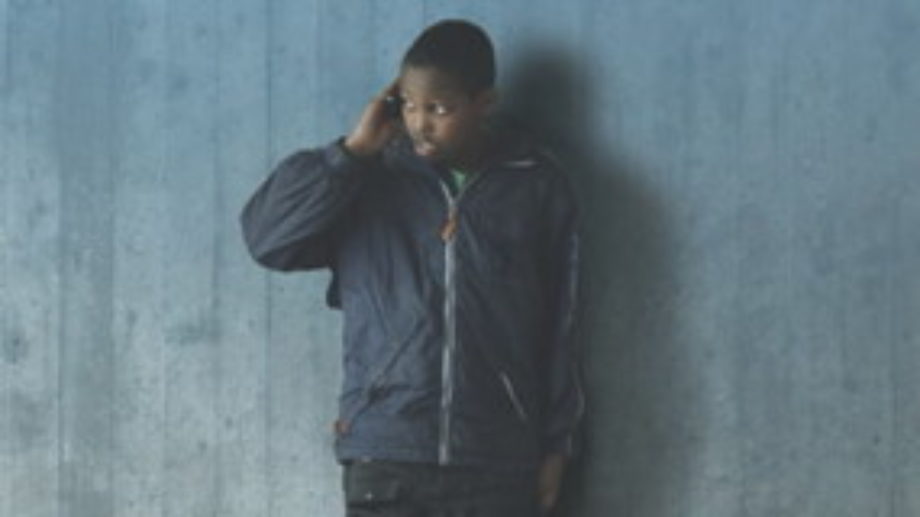
Film: Play
Director: Ruben Östlund
Program: Main Slate
Tickets: Oct. 15
Why you should see it:
Based on actual events that occurred in Sweden several years ago, Play is an uncompromising look at how one group of boys preys on another. Opening in a mall, we see a group of African immigrant youths who plot to sucker two Swedish boys and their Asian friend for their valuables (cell phone, clothes, etc.). You quickly realize two things: the scheming youths have done this before and their victims are totally unaware of the obvious hustle. Östlund sets up his shots in wide angle, hardly moving the camera as we watch from an apparently safe distance. Even so the audience ends up feeling for all the kids involved. Filmed using the Red 4K camera.
Track record:
Play appeared at the Cannes Film Festival and Toronto International Film Festival.
About the director:
Swedish writer-filmmaker Ruben Östlund has completed three features, including Play. He began making ski films and was accepted to film school in Gothenburg, Sweden based on those works. His previous feature Involuntary (2008) picked up awards at the Milan, Palm Springs and Stockholm Film Festivals, among others. His short film Incident By a Bank (2009) won the Golden Berlin Bear at the Berlinale. Make sure to watch this video interview with Östlund, talking Play at Cannes, on Ion Cinema.
What the critics are saying:
Mark Adams for Screen Daily: “Ruben Ostlund’s thoughtful and occasionally harrowing film Play, about youngsters in Sweden being harassed and robbed of their mobile phones and wallets by a gang of other youths, is a fascinating exercise in psychology in a specific social environment, and makes and interesting companion piece to the director’s last film Involuntary, that screened in official section in Cannes in 2008.”
What the NYFF programmers say:
“Play is a third film by Ruben Östlund, a director from Sweden, and his first film in the festival. This will probably be one of the most discussed films in the festival. It has a premise guaranteed to raise all kinds of flags. A group of five young Africans who are living in Sweden go up to a group of Swedish boys and say, 'Where’d you get that cellphone? That’s my brother’s cell phone! I’m sure that’s my brother’s cell phone! Someone just stole his cell phone! And I’m sure that’s his!' And these kids, partly out of pressure, partly out of fear, follow this group and they say, 'Well come with us. We’re going to find my brother and he’s going to identify his cell phone.' And they just take these kids on this trip across Gothenburg and, in a way, it’s a film that talks a lot about the sense of liberal guilt, the way both sides can use and abuse that sense of guilt, as well as the place of Africans in contemporary Sweden and the way Swedes see themselves within their country. It is also very much about class. As you watch Play, your sympathy shifts in different ways and you’re not exactly sure where the film is coming out on this particular issue. I think it’s a film that’ll be very widely discussed because it really discusses race and class in a context that’s both familiar and unfamiliar to a lot of us.” —Richard Peña, Program Director



